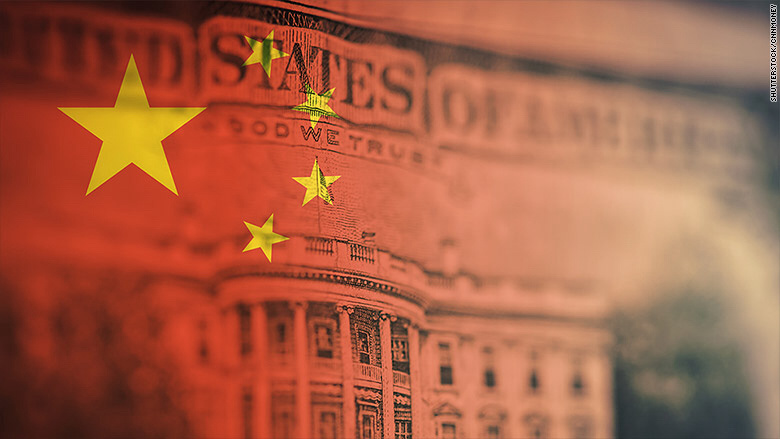


More than 60 countries and regions have adopted the Chinese renminbi (RMB), or yuan, as a new reserve currency, according to the latest report on renminbi internationalization by the People's Bank of China.
Since last October, the International Monetary Fund (IMF) has included China's currency in its Special Drawing Rights (SDR) basket as an international reserve currency, along with the U.S. dollar, the euro, the Japanese yen and the British pound.
This inclusion has further promoted the international use of RMB. The European Central Bank invested 500 million euros of its reserves in renminbi-denominated assets during the first half of this year.
The yuan's cross-border financial transactions will continue to grow, as settlements using the currency reached 9.85 trillion yuan ($1.49 trillion) to conduct cross-border trade settlements by the end of 2016.
The report also said about 240,000 onshore companies were using the yuan to conduct cross-border trade settlements by the end of 2016.
The Belt and Road Initiative has further driven the global adoption of the yuan. More and more market players are expected to use yuan for settlement thanks to China's economic growth and improved foreign exchange regime, according to the report.
Data from transactions organization SWIFT showed that China's yuan is increasingly being used by financial institutions for global payments by value, with a market share of 1.85 percent, ranking 6th among most-used currencies.
The PBOC report said China will further improve the market-based RMB exchange-rate regime to make the exchange rate more flexible and also ensure the stability of the RMB in the global currency system.
Zhang Yu, a researcher at Renmin University of China, said the RMB as an international payment currency will become easier in Asia and especially Southeast Asia. Zhang also forecast a stronger RMB later this year.
The yuan's central parity exchange rate reached 6.5991 against the U.S. dollar on Wednesday.
 Fire brigade in Shanghai holds group wedding
Fire brigade in Shanghai holds group wedding Tourists enjoy ice sculptures in Datan Town, north China
Tourists enjoy ice sculptures in Datan Town, north China Sunset scenery of Dayan Pagoda in Xi'an
Sunset scenery of Dayan Pagoda in Xi'an Tourists have fun at scenic spot in Nanlong Town, NW China
Tourists have fun at scenic spot in Nanlong Town, NW China Harbin attracts tourists by making best use of ice in winter
Harbin attracts tourists by making best use of ice in winter In pics: FIS Alpine Ski Women's World Cup Slalom
In pics: FIS Alpine Ski Women's World Cup Slalom Black-necked cranes rest at reservoir in Lhunzhub County, Lhasa
Black-necked cranes rest at reservoir in Lhunzhub County, Lhasa China's FAST telescope will be available to foreign scientists in April
China's FAST telescope will be available to foreign scientists in April "She power" plays indispensable role in poverty alleviation
"She power" plays indispensable role in poverty alleviation Top 10 world news events of People's Daily in 2020
Top 10 world news events of People's Daily in 2020 Top 10 China news events of People's Daily in 2020
Top 10 China news events of People's Daily in 2020 Top 10 media buzzwords of 2020
Top 10 media buzzwords of 2020 Year-ender:10 major tourism stories of 2020
Year-ender:10 major tourism stories of 2020 No interference in Venezuelan issues
No interference in Venezuelan issues
 Biz prepares for trade spat
Biz prepares for trade spat
 Broadcasting Continent
Broadcasting Continent Australia wins Chinese CEOs as US loses
Australia wins Chinese CEOs as US loses